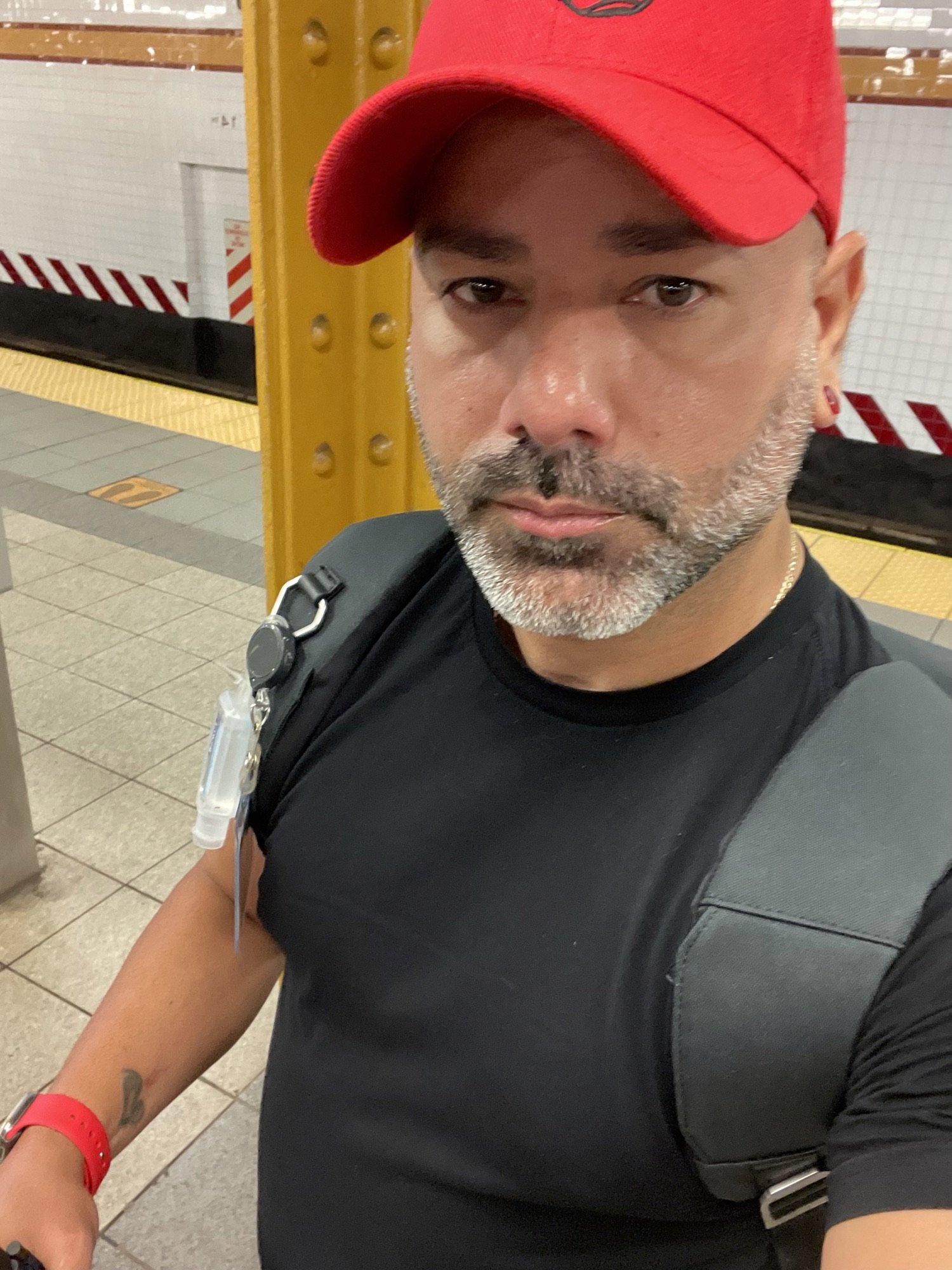“Type 2 diabetes runs in my family, I’m a sugar addict, and my feet and ankles started to swell up recently, so I soaked my feet, and went to the doctor,” one Alliance program participant said at a recent nutrition services group meeting. “She’s going to try to change my eating habits.”
“No, she’s not going to change your eating habits,” said Edwin Krales, better known at Alliance as “Dr. Broccoli”. “You are going to change your eating habits.”
“That’s right,” the participant, nodded.
During these nutrition services sessions, held weekly at Alliance’s Midtown Central office, Dr. Broccoli asks folks to share stories of their eating habits and nutrition goals. Some participants are eager to talk while others prefer to listen and learn during the hour-long sessions.
Dr. Broccoli pointed out that excess sugar has a negative effect on everyone’s bodies: “There is a neuroplasticity* to our genes. If we are predisposed to diabetes, can we reduce our risk of developing it with a specific diet? The answer is yes, and that reduces the risks of the gene expressing itself.”
Dr. Broccoli arranged to meet with the participant after the session to discuss specific options and share a sugar reduction sheet he had created, which is similar to calendars runners use when training for a race, building up progressively, week over week.
Alliance Peer Shirley LaRoche also had been attending Alliance nutrition classes for over 10 years. “My father used to pour sugar in his water, and even his milk,” Shirley said. “It’s milk, but it would turn grey because of all the sugar he was putting in, and I didn’t know any better myself. Now I don’t do that anymore.”
Shirley started coming to Alliance in 2009, and prior to becoming a Peer would walk over to Alliance during breaks from her job to attend Dr. Broccoli’s class every week.
“Now I’m thinking, if I eat this rice tonight, I’m definitely not adding potatoes,” Shirley said, “and instead of buying any iceberg lettuce [a notoriously nutrient-free food] I can eat some kale.”
Dr. Broccoli, who has been offering nutrition services with Alliance for over 20 years, was given the nickname Dr. Broccoli at an outreach event he led with another AIDS organization in the South Bronx for almost 30 years, because he constantly promoting eating veggies. He would schlep hours out of his way to bring fresh veggies to these outreach events, many of which were held in food deserts, areas without reliable access to produce.
Providing consistent access to fresh and healthy produce is a priority for Alliance. Dr. Broccoli notes, “The factor of social pressure is extremely important here. If you are trying to make a change in your diet, will you have support from your social structure? Will you have access to healthy foods?”
March is National Nutrition Month, and Alliance held three pantry events across all locations, on March 16, 17, and 30, which served over 300 large bags of produce.
Charles Waters, an Alliance participant for many years, met Dr. Broccoli at an AIDS Momentum Project in the Bronx over 20 years ago, and they have a jovial relationship.
“I like my KitKats,” he began, as Dr. Broccoli started shaking his head. “But when I’m having them, I think of Dr. Broccoli and I’m more mindful of what I’m going to eat the rest of the day, the rest of the week.”
“I’m more mindful of what I’m putting in my body because of him,” Charles added.
Charles wanted it added in this story that he has been HIV-positive for many years. It’s important to him to be open and represent people living with HIV to share his own experience in the hopes of helping others.
During the second nutrition session of the day, the group wrapped up its voluntary nutrition check-in and Charles transitioned the discussion to COVID-19, which the group agreed was truly “the second pandemic” of their lifetime, after HIV/AIDS.
The conversation became more scientific, discussing how HIV is transmitted through blood and body fluids, while the coronavirus is transmitted through droplets. After the meeting, most participants arranged to check out services with Alliance staff and Peers, or hung out to catch up.
Due to their popularity, weekly nutrition services meetings are open only to enrolled Alliance participants, on a first-come, first-serve basis. Participants interested in attending an upcoming session, or scheduling a one-one-one nutrition counseling meeting with Dr. Broccoli, are encouraged to email Abeer Naseem at abeer@alliance.nyc.
Dr. Broccoli and Charles Water
*Neuroplasticity: The capacity of the brain to change its connections and behavior in response to new information, sensory stimulation, development, damage or dysfunction











